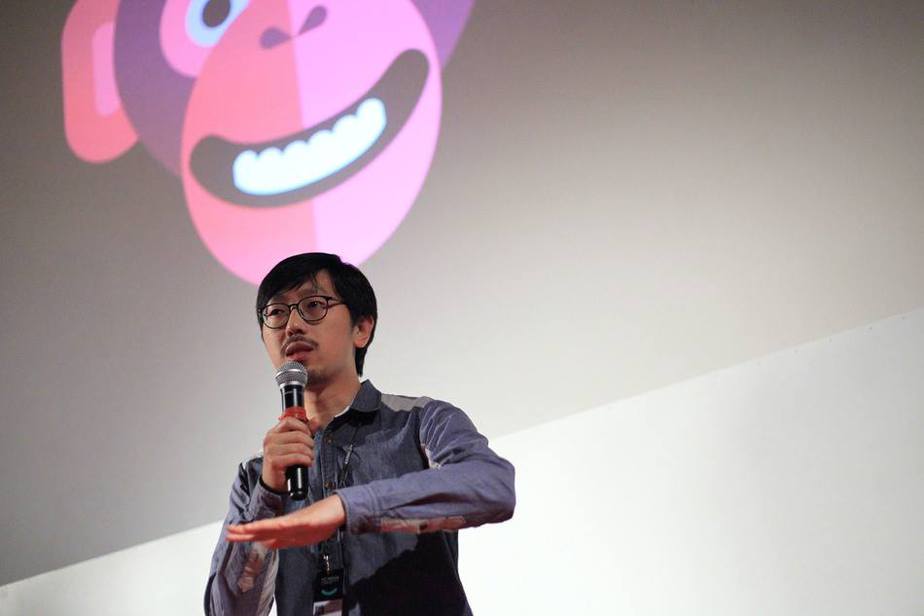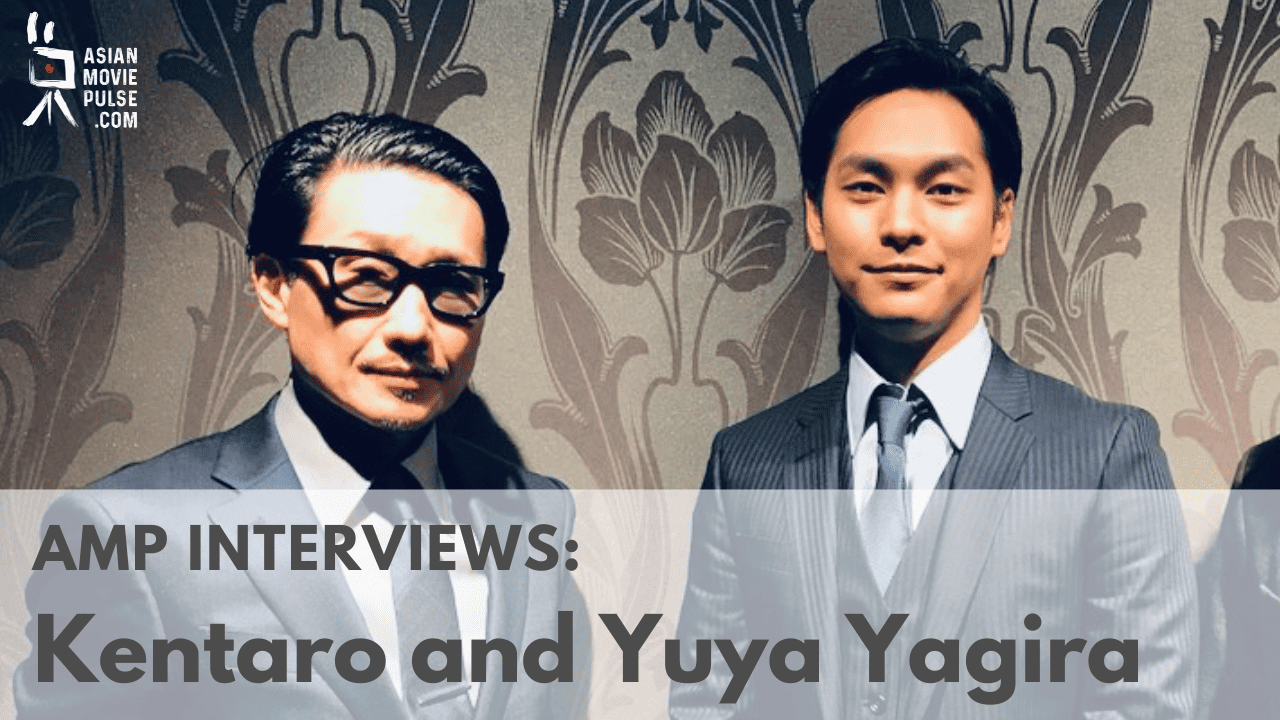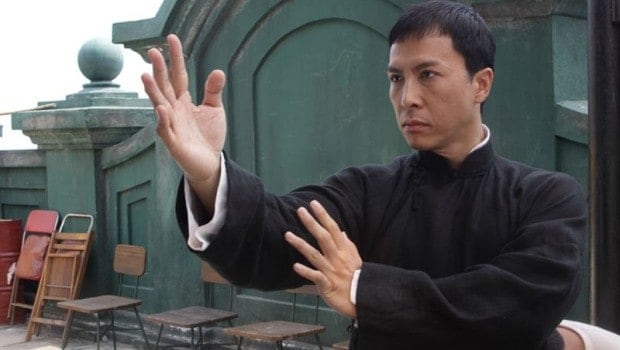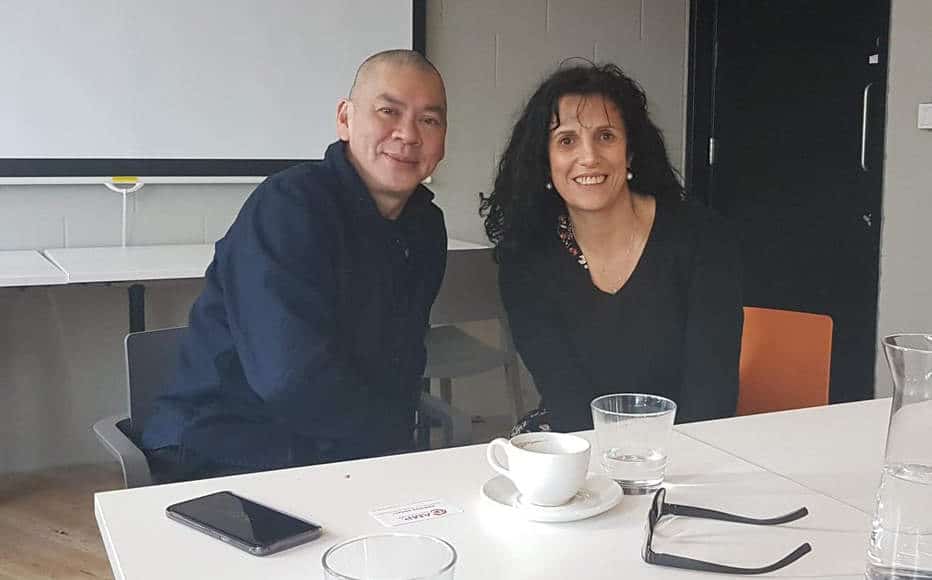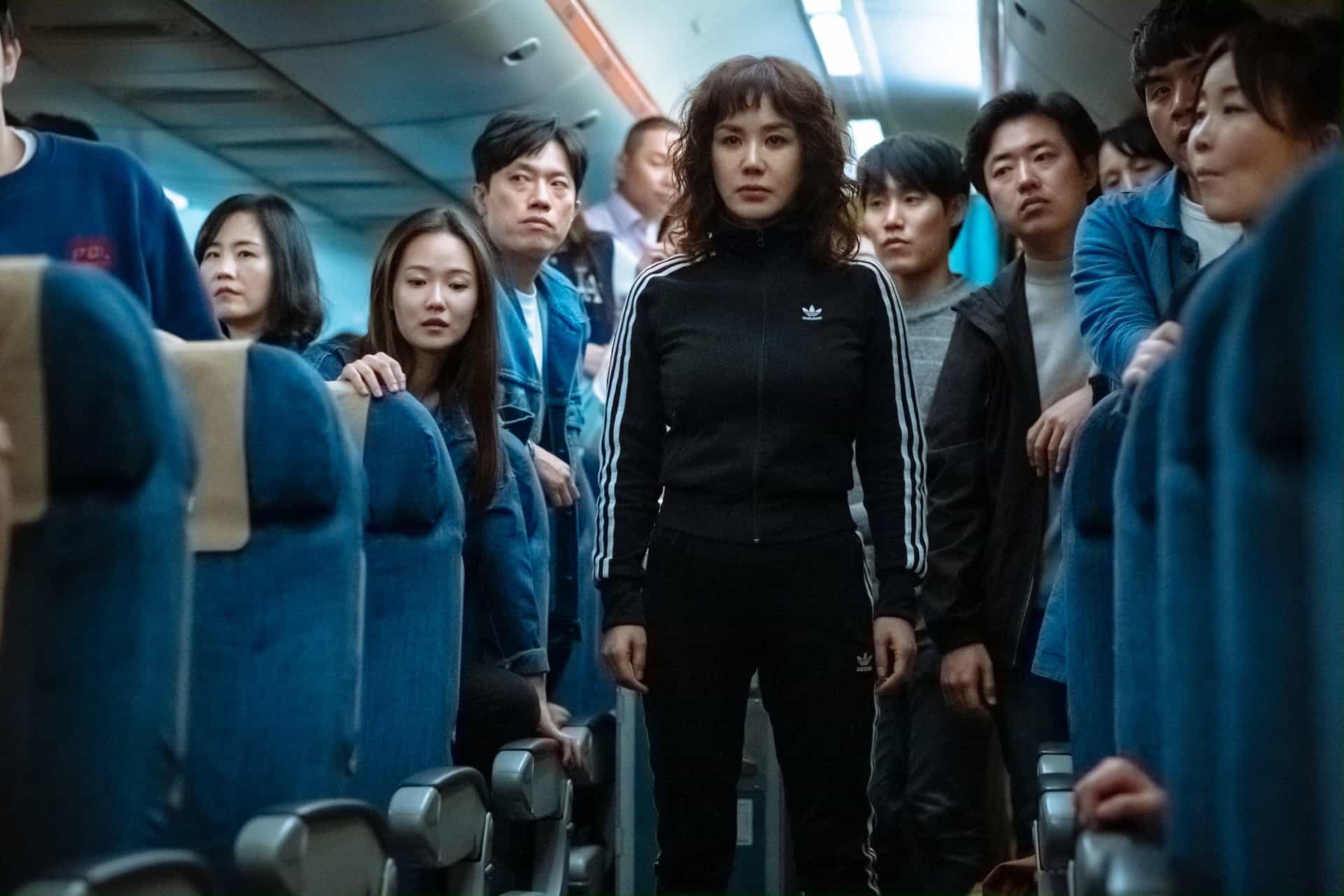Did you expect the success of the film? The impact?
The impact was really out of our expectations. Initially, we just expected there would be some (not more than ten) private screenings. But now we can see “Ten Years” generated lots of discussion about our future in different groups of people, all over the world.
How did you manage to persuade all these directors and actors to participate voluntarily? Were they afraid for their careers after the film?
Actually, they were not all in “voluntarily,” since it is quite usual to help each others' independent film in “voluntarily” or “underpaid” way. It means I help you this time and you help me next time.
I think the other 4 directors really understood what the concept of the project was and agreed with it, thinking that it would be interesting if we did it this way. The only thing I promised to the directors was: “Create your own story and there won't be any censorship.” As I look back, I think freedom of creation was a very important factor for them, in order to participate.
We were not afraid. Yes, the situation is kind of “risky” for us if we all go into “commercial film industry, ” but we we just want to shoot films honestly and relatively independently. We tend not to think about these issues too much, because the freedom of creating cinema in any time period or place should be something that filmmakers should strive for.
“Ten Years” ends with a quote from the Book of Amos: “It is an evil time. Seek good, and not evil, that you may live. ” and “Already too late” fading out and replaced by “Not too late”. Could you explain a bit about this?
We wish to focus not only on the situation of Hong Kong today, but also to take a look at history. History also loops itself. We should look at it and learn from it.
Does the film mirror the sentiments and fears of the majority of Hong Kongese regarding mainland's influence?
Initially we just wished to “mirror” or “share” our concerns of Hong Kong through our imagination. But once it got a great echo from Hong Kong's audience, we knew the film was not only something “personal,” but maybe as in your words “mirror the sentiments and fears of the majority of Hong Kongese regarding mainland's influence”.
Do you think that cinema has an obligation to deal with political issues?
I don't agree with “cinema has an obligation to deal with political issues”, but “cinema can talk about everything and has an obligation to not skip or escape from political issues.”
How do you feel about the treatment of the film by the Chinese mainland?
We just feel it's open to everyone and every place to like “Ten Years” or to dislike “Ten Years”. Actually, this is only a tiny budget project about our imaginations, it did not seem necessary to ban the film. They just made a huge noise by themselves, and made people more curious about the movie, just like a counter promotion.
Regarding Hong Kong and China, what would be the best scenario, for you, what would satisfy you?
To keep the commitment below:
To get Hong Kong, China co-signed with Britain the Sino-British Joint Declaration, in which it pledged to respect Hong Kong's freedoms and separate system for 50 years after the handover.
Article 5 of the Joint Declaration was clear:
“The current social and economic systems in Hong Kong will remain unchanged, and so will the life-style. Rights and freedoms, including those of the person, of speech, of the press, of assembly, of association, of travel, of movement, of correspondence, of strike, of choice of occupation, of academic research and of religious belief will be ensured by law in the Hong Kong Special Administrative Region. Private property, ownership of enterprises, legitimate right of inheritance and foreign investment will be protected by law”.
Why did you decide to become a director, and which are your main influences?
I love cinema. I wished I could create some cinema projects almost every time I watched a good movie. So just step by step, I want to learn cinema and apply everything I learn in my films. As for my influences, I would say Tetsuya Nakashima, Hirokazu Koreeda and Jean-Pierre Jeunet.
What is your opinion on the current situation of cinema in Hong Kong?
I think it seems that most of the HK cinema industry is looking at the Chinese market. I hope there are still some filmmakers and that some more will emerge that will be intent on making local films.
What are your plans for the future?
Right now, I am in the process of shooting a documentary and I'm also going to start writing a screenplay for my next feature film
The interview was taken during the Five Flavours Film Festival
Read the review of the film, here


